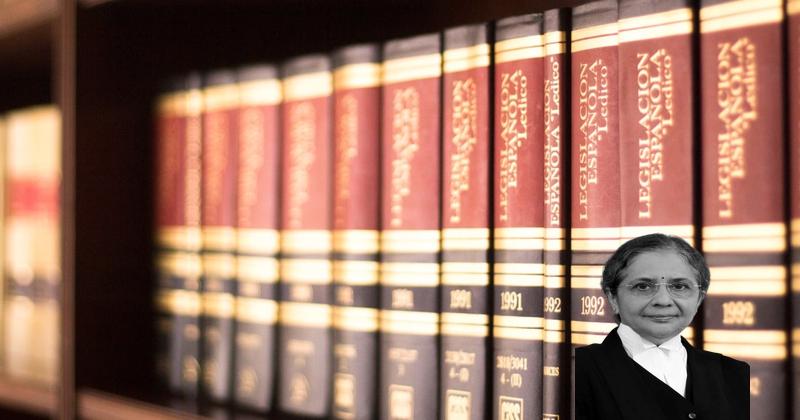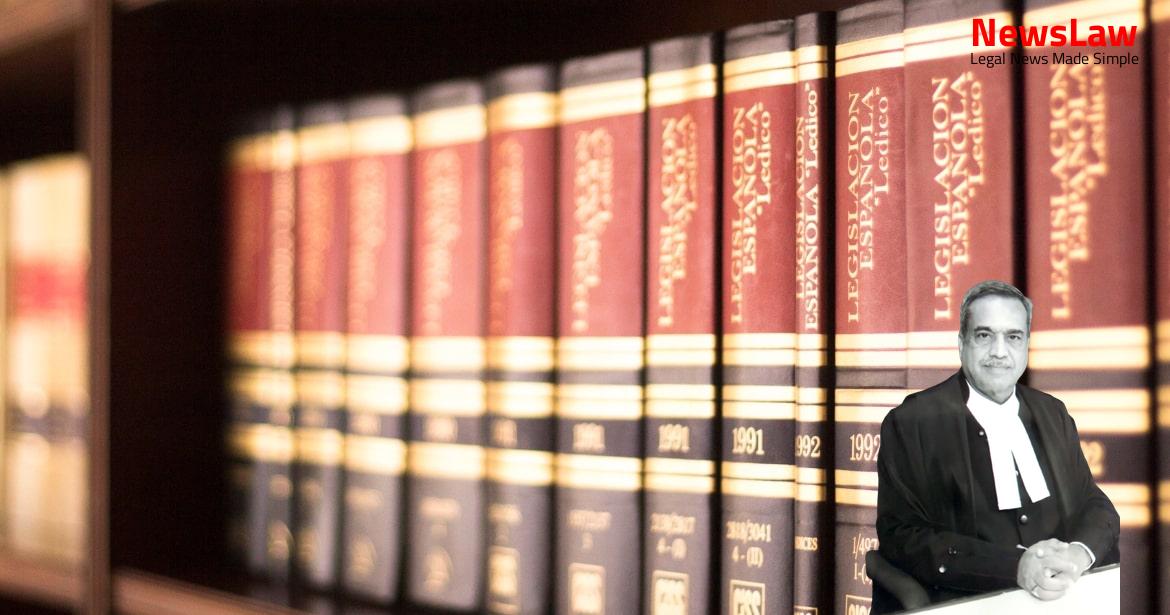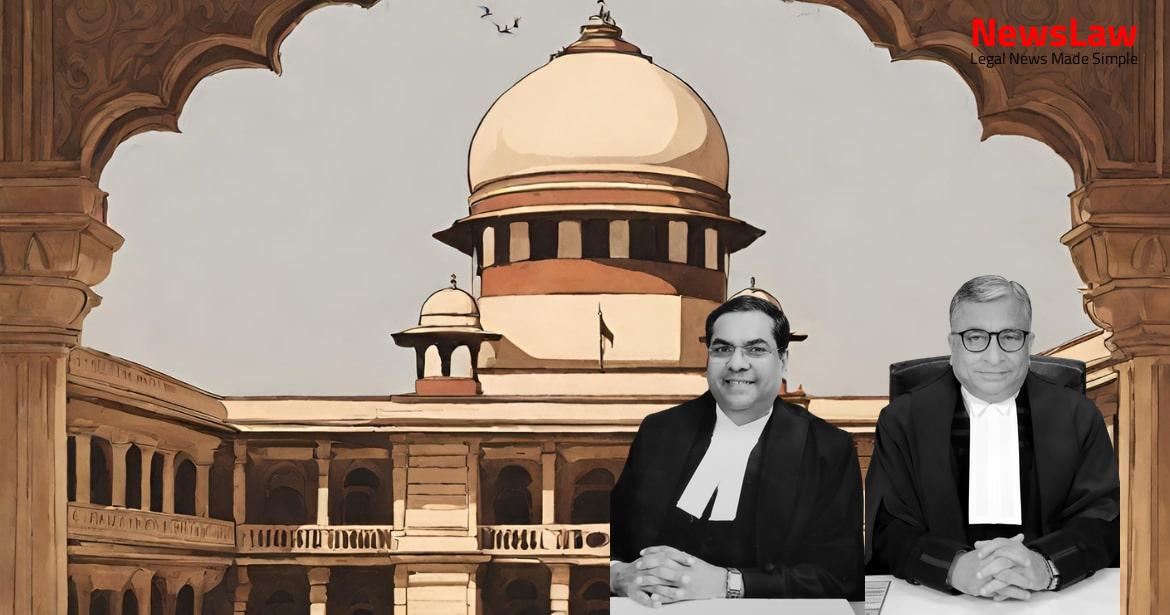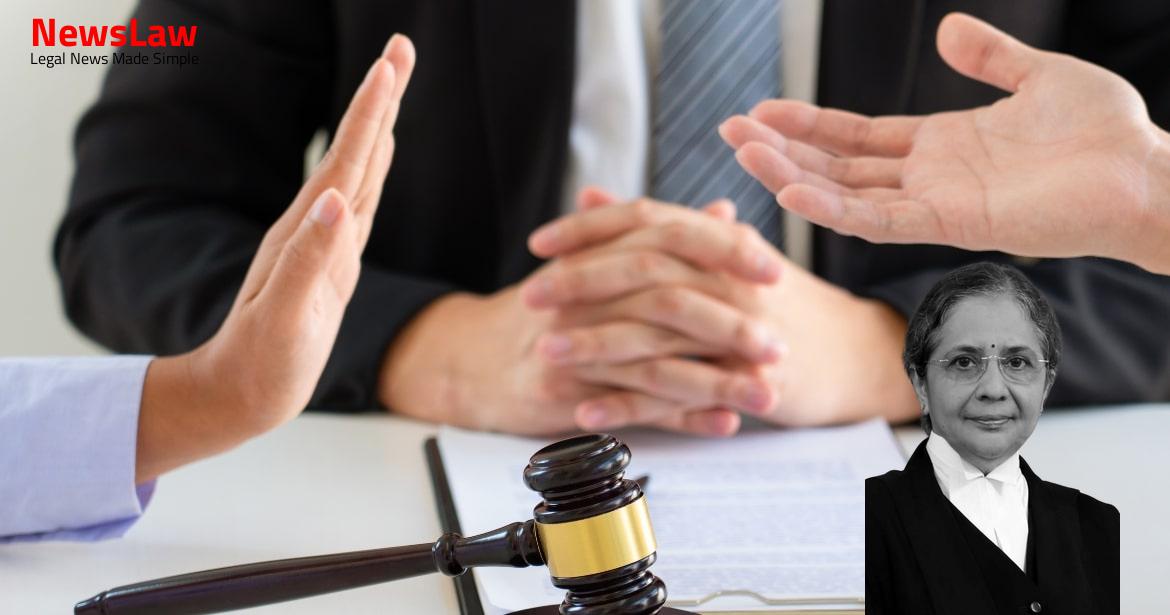No 6544 of 2022 upholding the order dated 03.12.2022 passed by the Special Judge (PC Act), CBI-08, New Delhi (hereinafter referred to as the Special Court), by which respondent nos. RC2242022A0001 came to be registered in CBI, AC- VI / SIT, New Delhi on 20.06.2022, on the basis of the complaint lodged by Sh. Vipin Kumar Shukla, DGM, Union Bank of India, Nariman Point, Mumbai, for the offences punishable under Section 120-B r/w Section 409, 420 and 477A of IPC and Section 13(2) r/w Section 13(1)(d) of PC Act, 1988 (hereinafter referred to as the PC Act), against Dewan Housing Finance Corporation Ltd. and thereafter they siphoned off and misappropriated a significant portion of the said funds by falsifying the books of account of DHFL and deliberately and dishonestly defaulted on repayment of the legitimate dues of the said consortium banks, and thereby caused a wrongful loss of Rs. was filed within the statutory period provided under Section 167(2) Cr.P.C., or in the alternative seeking their release from judicial custody in view of lack of jurisdiction of the court as there was no approval under Section 17A of the PC Act as amended in 2018.
The High Court vide the impugned order dated 30.05.2023 dismissed the said petition and upheld the order dated 03.12.2022 passed by the Special Court. Raju for the appellant vehemently submitted that the chargesheet was filed by the appellant-CBI on the completion of the investigation qua 75 accused including the present respondents stating that further investigation qua some other accused was pending, which did not mean that an incomplete chargesheet was filed against the respondents. According to him, it is only when a chargesheet is not filed and investigation is kept pending, the benefit of the proviso appended to sub-section (2) of Section 167 of the Code would be available to the offender, however once the chargesheet is filed, the said right of the accused ceases, and such a right does not revive merely because a further investigation remains pending within the meaning of Section 173(8) of the Code. 1 submitted that the issue of cognizance had nothing to do with the default bail, in as much as the right under Section 167(2) is a statutory right, when the chargesheet is not filed within the prescribed time limit and even if filed, a complete chargesheet is not filed.
Mukul Rohatgi has relied upon the decision in Suresh Kumar Bhikamchand Jain Vs. Raju by submitting that in the said case, the accused was absconding and the chargesheet was already filed, whereas in the instant case, the chargesheet filed has been held to be incomplete. In the instant appeal, the main question that falls for our consideration is, whether the respondents were entitled to the benefit of the statutory right conferred under the proviso to sub section 2 of Section 167 Cr.P.C, on the ground that the investigation qua some of the accused named in the FIR was pending, though the report under sub-section (2) of Section 173 (Chargesheet) against respondents along with the other accused was filed within the prescribed time limit and though the cognizance of the offence was taken by the special court before the consideration of the application of the respondents seeking default bail under Section 167 (2) Cr.P.C.?
Also Read: https://newslaw.in/supreme-court/high-court-dismisses-bail-application-in-corruption-case/
For better appreciation of the submissions made by the learned Counsels for the parties, the relevant parts of Section 167 and Section 173 are reproduced as under: – “167. [(1A)
The investigation in relation to 3 [an offence under sections 376, 376A, 376AB, 376B, 376C, 376D, 376DA, 376DB or 376E] from the date on which the information was recorded by the officer in charge of the police station.] Subs. (2) (i) As soon as it is completed, the officer in charge of the police station shall forward to a Magistrate empowered to take cognizance of the offence on a police report, a report in the form prescribed by the State Government, stating— (a) the names of the parties; (b) the nature of the information; (c) the names of the persons who appear to be acquainted with the circumstances of the case; (d) whether any offence appears to have been committed and, if so, by whom; (e) whether the accused has been arrested; (f) whether he has been released on his bond and, if so, whether with or without sureties; (g) whether he has been forwarded in custody under section 170. Once the challan has been filed, the question of grant of bail has to be considered and decided only with reference to the merits of the case under the provisions relating to grant of bail to the accused after the filing of the challan.
We have no doubt that the common stance before us of the nature of indefeasible right of the accused to be released on bail by virtue of Section 20(4)( bb ) is based on a correct reading of the principle indicated in that decision. The Division Bench also indicated that if there be such an application of the accused for release on bail and also a prayer for extension of time to complete the investigation according to the proviso in Section 20(4)( bb ), both of them should be considered together. State of Punjab [(1952) 1 SCC 118 : 1952
SCR 395 : AIR 1952 SC 106 : 1952
Also Read: https://newslaw.in/supreme-court/illegality-of-arrest-under-pmla/
Cri LJ 656] ; Ram Narayan Singh v. In the event, the investigation is not completed by the investigating authorities, the accused acquires an indefeasible right to be granted bail, if he offers to furnish bail.
Both the decisions in Natabar Parida case [(1975) 2 SCC 220 : 1975 SCC (Cri) 484] and in Sanjay Dutt case [(1994) 5 SCC 410 : 1994 SCC (Cri) 1433] were instances where the charge-sheet was not filed within the period stipulated in Section 167(2) CrPC and an application having been made for grant of bail prior to the filing of the charge-sheet, this Court held that the accused enjoyed an indefeasible right to grant of bail, if such an application was made before the filing of the charge-sheet, but once the charge-sheet was filed, such right came to an end and the accused would be entitled to pray for regular bail on merits. During that stage, under Section 167(2) CrPC, the Magistrate is vested with authority to remand the accused to custody, both police custody and/or judicial custody, for 15 days at a time, up to a maximum period of 60 days in cases of punishable offences for less than 10 years and 90 days where the offences are punishable for over 10 years or even death sentence. It is clear from the judgment of this Court in Bhikamchand Jain (supra) that filing of a charge-sheet is sufficient compliance with the provisions of Section 167, CrPC and that an accused cannot demand release on default bail under Section 167(2) on the ground that cognizance has not been taken before the expiry of 60 days. The conclusion of the High Court that the accused cannot be remanded beyond the period of 60 days under Section 167 and that further remand could only be at the post-cognizance stage, is not correct in view of the judgment of this Court in Bhikamchand Jain (supra).” 2022 SCC OnLine SC 153 18.
It appears that earlier the Special Court had rejected the application of the respondents (accused) seeking statutory bail under Section 167(2) Cr.P.C., however at that time the issue was whether qua the offences against the respondents, period of sixty days or ninety days was applicable for grant of mandatory bail due to non-filing of chargesheet by the investigating agency, and it was held by the Special Court that the period of ninety days was applicable in case of the respondents, in which the chargesheet could be filed by the CBI. According to them the chargesheet filed against the respondents and others was a subterfuge or ruse to defeat the indefeasible right of the respondents conferred under Section 167(2) Cr.P.C.
The Section 173(2) provides that on completion of the investigation the police officer investigating into a cognizable offence shall submit a report.
This report is an intimation to the magistrate that upon investigation into a cognizable offence the Investigating Officer has been able to procure sufficient evidence for the court to inquire into the offence and the necessary information is being sent to the court. In view of the above settled legal position, there remains no shadow of doubt that the statutory requirement of the report under Section 173 (2) would be complied with if the various details prescribed therein are included in the report. The pendency of the further investigation qua the other accused or for production of some documents not available at the time of filing of chargesheet would neither vitiate the chargesheet, nor would it entitle the accused to claim right to get default bail on the ground that the chargesheet was an incomplete chargesheet or that the chargesheet was not filed in terms of Section 173(2) of Cr.P.C.
A charge-sheet is a final report within the meaning of sub- section (2) of Section 173 of the Code. Indisputably, the power of the investigating officer to make a prayer for making further investigation in terms of sub-section (8) of Section 173 is not taken away only because a charge- sheet under sub-section (2) thereof has been filed. Whereas sub-section (2) of Section 167 of the Code would be attracted in a case where cognizance has not been taken, sub-section (2) of Section 309 of the Code would be attracted only after cognizance has been taken. of NCT of Delhi
Also Read: https://newslaw.in/supreme-court/dismissal-of-bail-application-in-money-laundering-case/
[(2007) 5 SCC 54 : (2007) 2 SCC (Cri) 444 : JT (2007) 5 SC 529].) It is also well settled that if a thing cannot be done directly, the same cannot be permitted to be done indirectly.
Case Title: CENTRAL BUREAU OF INVESTIGATION Vs. KAPIL WADHAWAN (2024 INSC 58)
Case Number: Crl.A. No.-000391-000391 / 2024



